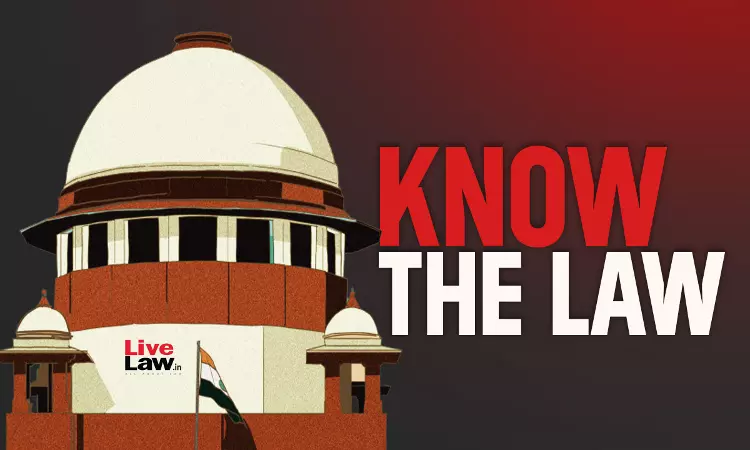S.197 CrPC | When Can Public Servant's Offence Be Linked To Official Duties? Supreme Court Explains Principles
LIVELAW NEWS NETWORK
15 Dec 2024 10:30 AM IST

The Court explained 12 principles on the application of Section 197 CrPC.
Next Story
15 Dec 2024 10:30 AM IST
